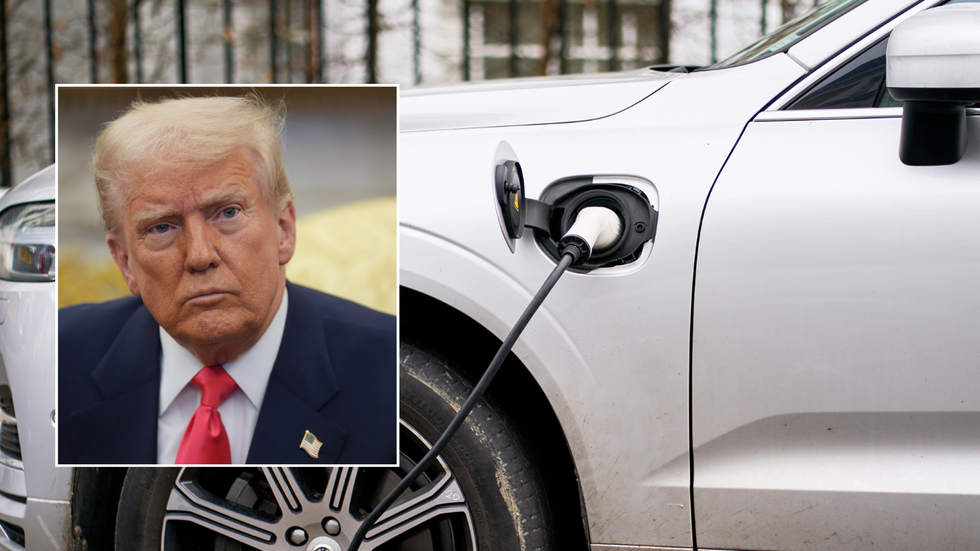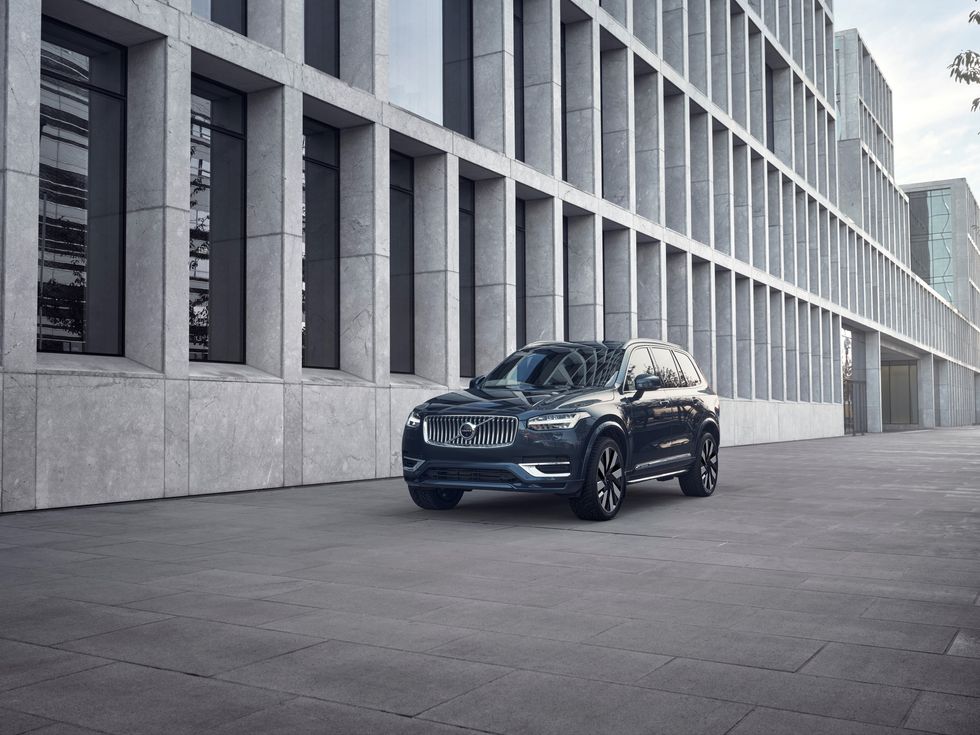Major car maker sees electric car sales drop by a third as Donald Trump’s tariffs cause 'challenges not seen before'

Volvo saw its first quarter sales slide with electric vehicle numbers dropping globally
Don't Miss
Most Read
Swedish car brand Volvo has reported a dramatic slump in electric vehicle sales as Donald Trump's tariffs begin to impact global automotive trade.
The carmaker, which is majority-owned by Chinese brand Geely, saw its overall sales fall by 11 per cent compared to the same period last year.
The fall was mainly felt in electric cars, which dropped 32 per cent in April, with it now making up just 20 per cent of Volvo's total sales, down from a higher share in previous months.
The drop in sales comes as the company faces mounting pressure from global tariffs, which have had a knock-on effect on electric vehicle uptake.
Do you have a story you'd like to share? Get in touch by emailing motoring@gbnews.uk

Volvo saw overall sales drop by 11 per cent in the first quarter
|PA/GETTY
The figures released today found that Volvo's electrified models as a whole, including plug-in hybrids, decreased by 16 per cent and accounted for 45 per cent of all cars sold during April.
The XC60 remained Volvo's top-selling model with sales of 19,887 cars, followed by the XC40/EX40 with total sales of 13,783 cars.
The company's first quarter report had already indicated challenging market conditions, with Volvo Cars CEO Håkan Samuelsson acknowledging "a very difficult period with challenges we have not seen before."
Meanwhile, Volvo's retail sales decreased by six per cent in the first quarter of 2025 compared to the same period last year.
Volvo said it has been struggling to balance its relationship with Geely while facing new challenges from Trump's tariffs on Chinese imports.
But according to Reuters, the company is "under pressure from US President Donald Trump's new tariffs", forcing it to work with Geely to cut costs while still appealing to American consumers.
US buyers continue to favour hybrids and combustion-engine models over fully electric vehicles, complicating Volvo's electrification strategy.
The tariff situation has created significant uncertainty, with Volvo now having to juggle regional manufacturing and sales strategies to minimise the impact on its business.
Volvo is also facing fierce competition from Chinese automakers, which offer more affordable electric vehicles, particularly in the crucial Chinese market.
The company's first quarter report acknowledged this challenge, noting that Volvo "wants to win over Chinese customers despite stiff competition."
This price pressure comes at a difficult time for the Swedish manufacturer as it attempts to maintain its premium positioning.
"We remain firm on becoming a fully electric car company," Samuelsson stated in the first quarter report, while acknowledging the need for pragmatism.
LATEST DEVELOPMENTS:

Volvo saw its electric car sales drop in April
| VOLVOVolvo now plans to focus on strategies for the US and China markets as priorities, creating a new "Americas" region to streamline operations.
The company has also started production of the EX30 in Ghent, Belgium, as part of its strategy to "build where we sell."











